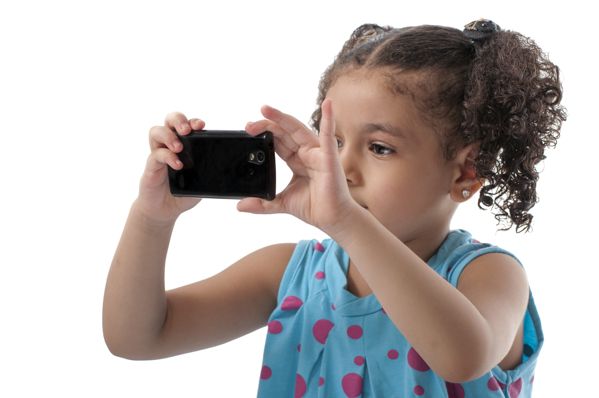Cyberbullying is more than just the latest negative trend to sweep through our communities. It has not only caught on like wildfire, but it seems to be here to stay. Current statistics state that approximately 43% of kids report being bullied online at some point in their adolescence, 1 in 4 report it occurring more than once. Studies also say that 68% of teens agree that it is has become a serious problem.
So, what is cyberbullying? Cyberbullying has been defined as 'bullying that takes place using electronic technology.' But what does this actually entail? Cyberbullying can come in many different forms and use many different methods. Cyberbullying occurs through the use of a cell phone, computer, or tablet. Methods can vary from a cyberbully using social media sites (such as Facebook or Twitter), text messages (whether group or individual), chat programs, or websites.
The internet never sleeps, which means cyberbullying can occur 24 hours a day, 7 days a week. It can reach a child during school breaks, at night, or even when they are alone. As with all things on the internet, it can spread quickly and can be extremely complicated to track down the original offender. Deleting the offensive materials can also prove to be especially difficult once they have been posted.
As a parent, cyberbullying can be a daunting issue, especially if you're not tech-savvy. How do you, as a parent, go about handling such a problem? Here are some tips to help you wade through the topic at hand.
Make your child feel safe and secure. Sure, this sounds easy enough but it is the first step to getting the situation under control. Your child needs to know that you fully support them and are dedicated to the same end result - getting the bullying to stop.
Read More »






















